Parental Rights The Joint Resolution Proposing an Amendment to the U.S. Constitution
August 25, 2022
Laws
The Joint Resolution Proposing an Amendment to the U.S. Constitution would protect the parent’s “liberty to direct the upbringing, education, and care of their children.”
History of the Amendment
The Parental Rights Amendment was first proposed in 2009 in response to the threat posed by a UN treaty called the Convention on the Rights of the Child. The treaty was ratified in 1989 by every member nation except the United States and Somalia. Currently, the United States is the only nation left who has not ratified the treaty.
The treaty recognizes children as “social, economic, political, civil, and cultural actors.” The treaty grants to children the right to make their own decisions regarding their education and healthcare even if these decisions go against the beliefs of their parents or legal guardians.
In Nannies in Blue Berets: Understanding the U.N. Convention on the Rights of the Child , Alliance Defending Freedom CEO Michael Farris explains the treaty’s power to override the United States law and enforce its precepts. A committee appointed by the UN would have the authority to interpret the treaty as they see fit and their rulings would have binding weight on US courts and legislatures.
In January of 2019, Rep. Jim Banks (R-IN) re-introduced the Parental Rights Amendment:
Supreme Court Doctrine

Perspectives
Commentary by Michael Farris | published by WND
Child-rights advocates seeking to convince the U.S. Senate and the American public to ratify the United Nations Convention on the Rights of the Child, or CRC, are pursuing a curious line of reasoning. They say we can ratify the treaty, which preempts parents’ fundamental rights to direct the upbringing and education of their children, without incurring binding legal obligations. They argue that American legislators will choose how much, if any, of the treaty to implement.
Jonathan Todres, a professor at Georgia State, told the Associated Press that American parental rights would be safe because U.N. treaties contain “no enforcement mechanisms or penalties.” Meg Gardinier, who chairs a coalition of groups supporting the U.S. ratification of the treaty, told the AP, “No U.N. treaty will ever usurp the national sovereignty of this country.” This smacks of the kind of American diplomacy the Left demonizes whenever conservatives suggest that America “can go its own way.” Ratify the treaty, they say. It’s not legally binding. We can choose what to obey and what not to. This argument is not only patently hypocritical, it is legally wrong.
Nannies in Blue Berets: Understanding the U.N. Convention on the Rights of the Child
by Michael Farris for Alliance Defending Freedom and Homeschool Legal Defense Fund
Ten things you need to know about the structure of the CRC:
- It is a treaty which creates binding rules of law. It is no mere statement of altruism.
- Its effect would be binding on American families, courts, and policy-makers.
- Children of other nations would not be impacted or helped in any direct way by our ratification.
- The CRC would automatically override almost all American laws on children and families because of the U.S. Constitution’s Supremacy Clause in Article VI.
- The CRC has some elements that are self-executing, others would require implementing legislation. Federal courts would have the power to determine which provisions were self-executing.
by Jack Klenk for Family Research Council
Who has the primary responsibility for making critical decisions about the education of school-aged children? Their parents? Or government and the school system it operates? That is a fundamental question about education policy that faces the United States as it attempts to build educational institutions for the twenty-first century. Parents pay for public education through mandatory taxes. Most send their children to public schools, attend parent-teacher meetings, encourage their children to do homework, and bake cookies for school events. However, decisions about what schools their children attend and what education programs the schools use are typically made by the system’s own professionals. In short, parents fund, support, and cooperate with the school system, but having power over their children’s education is another thing altogether.
First Things commentary by Wesley J. Smith
“These, Charlie’s, and many other similar cases I could recite, involving profoundly ill people of all ages, are examples of what is known in the bioethics trade as “futile care” or “medical futility”—or, as I call it, futile-care theory. FCT authorizes doctors to refuse or withdraw wanted life-sustaining medical treatment over the objections of family and patients when the doctors and/or a bioethics committee believe that the patient’s quality of life makes that life not worth living—or, lurking in the subtext, not worth the resources required to sustain it. A couple of important points need to be made: We are not talking about an intervention without a potential physiological benefit to the patient—a medical determination. Rather, FCT constitutes a value judgment. As bioethicist Dr. Stuart Youngner once put it, “futility determinations will inevitably involve value judgments about: 1) whether low probability chances are worth taking; and 2) whether certain lives are of a quality worth living.” Worse, FCT empowers strangers to make medicine’s most important and intimate health-care decisions. Deciding whether to accept or reject life-sustaining care is one of the most difficult medical choices. Under FCT, a patient’s decision—whether it be the desire of an infant patient’s guardians or written in an adult patient’s advance directive—matters less than institutional and professional opinions.”
Limits to Parental Authority in Medical Decision Making
Christian Medical Association
Children are a gift from God to the family. Parents are entrusted with the responsibility to love, nurture, protect, and train for their children. In our society, when parents fail to carry out their fundamental responsibilities, the state is empowered to intervene to protect vulnerable children. As physicians and dentists, we are obligated professionally to counsel parents regarding the health and safety of their children. In addition, we are obligated legally to report to the appropriate authorities instances of parental abuse or neglect. We recognize that between the extremes of ideal child rearing and of abusive or negligent child rearing, there is a wide range of parental actions and choices which remains a matter of discretion. In regard to these discretionary matters, we must respect parental authority by working through the parents to improve the child’s welfare. Some parents, acting on philosophical or religious beliefs may compromise appropriate medical care for their children. In professional encounters with these parents and children, we should attempt to honor their values and beliefs whenever possible. Nevertheless our obligation remains to oppose parental decisions that may significantly harm their children.
Concerns over concept of “futility”
by Dr. Paul Hoehner
“While physicians and other healthcare providers can certainly render best objective judgment (and it is only a judgment in far too many cases) regarding physiologic futility, this must still be paired with value-judgments, judgments not simply limited to amorphous and ill-defined concepts as “quality of life.” These judgments can only best be expressed and formulated by those that know the patient best, in this instance the parent(s). In our society, there are just too many competing value-assessments and different moral communities that families are embedded in to make any profession the arbiter of “what’s right.” The danger, especially as medical care is increasingly paid for and controlled by the government, these judgments will default to and be decided upon by the will and power of the state. There are also economic pressures within advanced medical care, particularly at the end of life and with life-sustaining treatments, that may dictate or unduly influence these decisions (as they already are). And certainly, the trend in our society is away from family decisions and towards more and more control of children by government controlled programs and policies. I believe it’s imperative to put such safeguards in place, even at a federal level, prior to the issues arising.”
Even Very Sick Children Deserve Medical Care: Why Every State Needs ‘Simon’s Law
Public Discourse commentary by Grace Emily Stark
“The impetus for the bill came from the death of an infant, Simon Crosier, who was born in 2010 in St. Louis, Missouri, with the chromosomal disorder Trisomy 18. Simon was born alive via C-section, and lived for three months with many complications, including a severe heart defect. After his death, Simon’s mother discovered that a DNR order had been written into Simon’s chart. This order had been placed there by Simon’s medical providers without the Crosiers’ knowledge or consent. Simon’s parents were also shocked to discover that only ‘comfort feeds’ had been authorized for their son, despite their hopes that Simon would grow large enough to be considered for heart surgery. “
Resources
“As a parent, you teach your children one worldview at home, but when they go to school, are they learning something else? You have the right to oversee your child’s education and what they are taught in public school.” Read More >>
“We are working to preserve parental rights through a Parental Rights Amendment to the U.S. Constitution, as well as through state and federal legislation that will protect children by empowering parents.” Read More >>
“Home School Legal Defense Association gives tens of thousands of families the freedom to homeschool without having to face legal threats alone.” Read More >>
Marriage and family are the building blocks of all human civilization and the primary institutions of civil society. Read More >>
“Back to School for Parents”
A busy parent’s guide to what’s happening in your children’s classrooms and practical steps you can take to protect them. Read More >>
Additional Resources
Protecting parental rights in the court room. | Texas Public Policy Foundation

